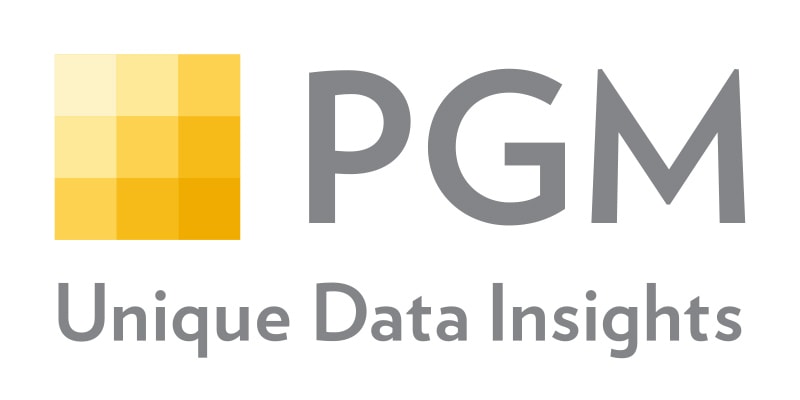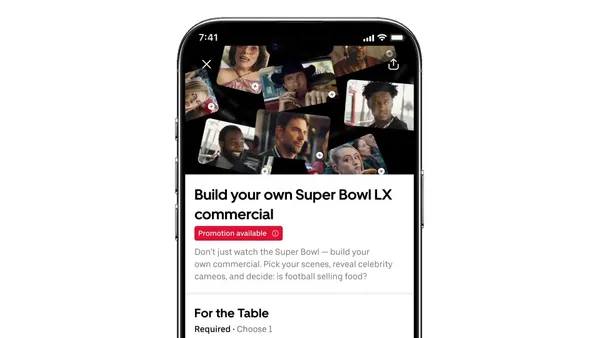Dive Brief:
- Facebook is seeking out someone to fill a new role titled "Head of News Partnerships,” according to a job listing on the company's website.
- Whoever fills the position will serve as leader of Facebook's Global News Partnerships, being a representative to news organizations and groups around the world and helping publishers reach and engage Facebook’s audience.
- The move comes after Facebook has faced criticism over supporting and supplying ad revenues to fake news and hoaxes shared via its platform, especially during the recent election cycle. As Mashable points out, almost all of Facebook's major competitors including Twitter, Snapchat and Google already have public-facing leaders who serve similar roles as the Head of News Partnerships would.
Dive Insight:
Mark Zuckerberg's earlier insistence that Facebook is a technology company and not a news organization continues to not hold up to scrutiny with the latest hiring announcement. The social network's past aversion to serving as a sort of media publisher is particularly curious given that some studies point to nearly half of U.S. adults getting their news from Facebook — a statistic that's become increasingly alarming given how widespread fake news sites and misinformation have become on the platform, going as far as to potentially influence the most recent presidential election.
The newly minted Head of News Partnerships position looks like a concrete acknowledgment from the company that it needs a more formal liaison to manage its media and journalistic offerings. Per Mashable, it's especially strange that it's taken Facebook this long to build out this role, given that most other social platforms — many considerably less news-driven like Snapchat — already have public-facing media ambassadors.
Facebook does already have a news partnerships team that assists with Facebook Live streaming video and with the Instant Articles mobile optimized app. Part of the reason Facebook has tiptoed around more tightly managing its journalism offerings is a fear of appearing politically biased, specifically anti-conservative (the news media are often seen as left-leaning). The company faced backlash in August for making algorithm changes to its trending topics that allegedly hurt conservative publishers, though internal investigations found no evidence this was actually the case. Facebook backpedaled on the updates despite the findings, or lack thereof.












